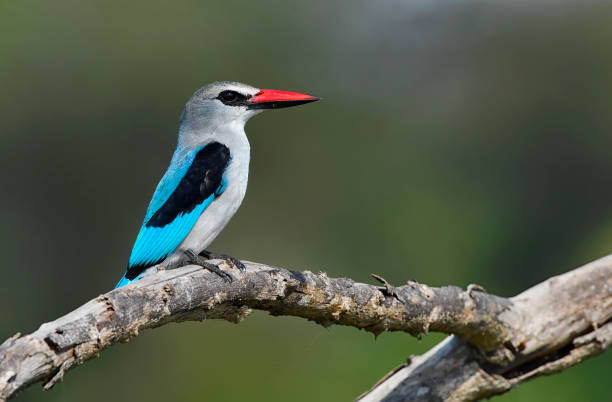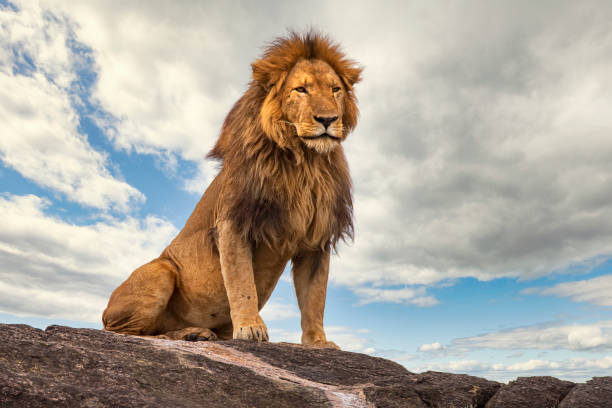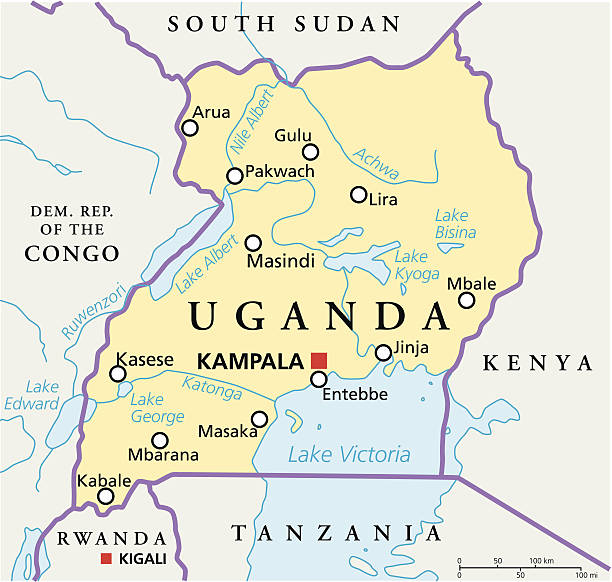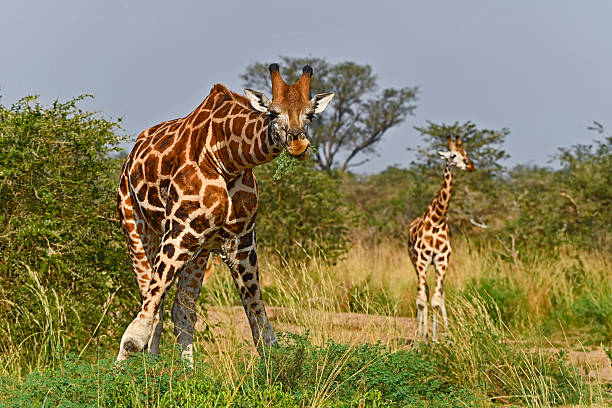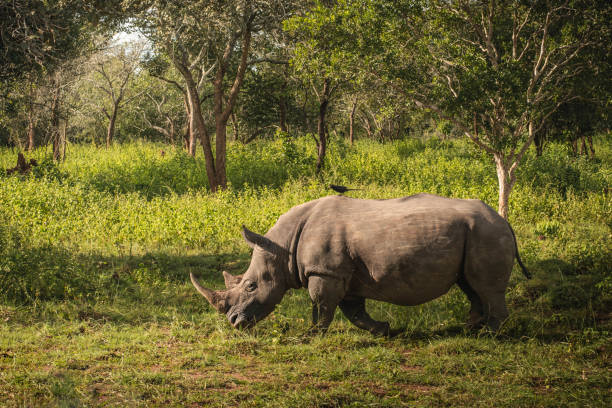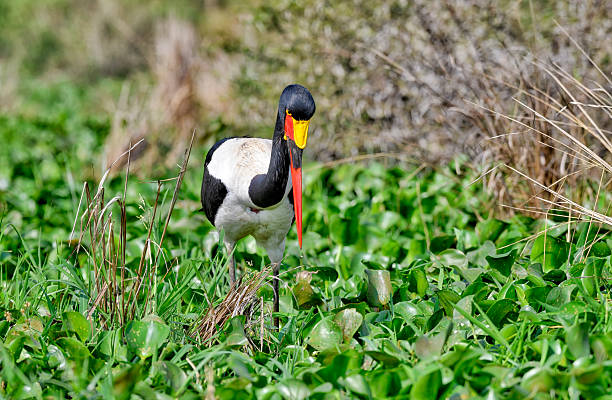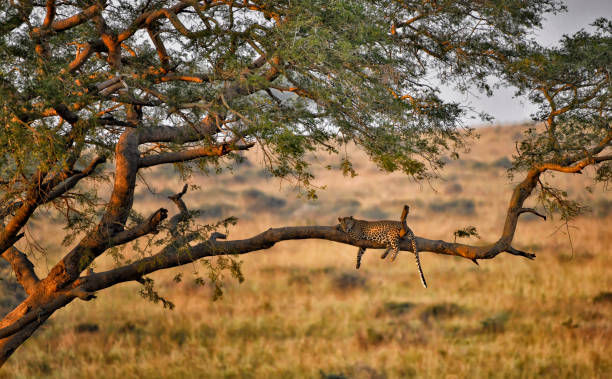Explore Uganda on a Self-Drive Adventure
Take the wheel and journey through Uganda’s breathtaking landscapes — from the misty mountains of Bwindi and roaring Murchison Falls to the serene shores of Lake Victoria. Freedom, nature, and discovery await.
Plan Your DriveOverview – Uganda
Located in East Africa, Uganda is one of our favourite destinations. It offers an incredible mix of wildlife, lush landscapes, and rich culture — from the mist-covered mountains of Bwindi, home to the endangered mountain gorillas, to the vast savannahs of Queen Elizabeth National Park and the powerful Murchison Falls. The highlight for many travellers is the chance to encounter gorillas in their natural habitat — one of the most emotional and unforgettable wildlife experiences in the world. Trekking through dense rainforest to meet these gentle giants is truly a once-in-a-lifetime adventure. Uganda is also known as the “Pearl of Africa,” a name given by Winston Churchill for its breathtaking natural beauty. The country is blessed with lakes, rivers, and dramatic mountain ranges, including the Rwenzori Mountains — often called the “Mountains of the Moon.” As with many East African safaris, timing is everything. Whether tracking lions in Kidepo Valley, watching chimpanzees in Kibale Forest, or cruising along the Nile River beneath the thunderous Murchison Falls, Uganda promises adventure at every turn. From wildlife to culture and scenery, Uganda offers a rare sense of discovery — a destination that remains wonderfully wild, authentic, and deeply rewarding.
Rate
Best Time
June to October
High Season
June to October
Pros & Cons of a Uganda Safari
Pros
- Chance to see endangered mountain gorillas in Bwindi and Mgahinga
- Excellent primate viewing — gorillas, chimpanzees, and golden monkeys
- Beautiful landscapes: lakes, rivers, mountains, and lush forests
- Fewer tourists compared to neighboring destinations
- Warm, welcoming people and authentic local culture
Cons
- Gorilla and chimp permits can be expensive and limited
- Some long drives between national parks
- Roads can be rough, especially in remote areas or during rains
- Less developed tourism infrastructure in some regions
- Limited flight connections compared to Kenya or Tanzania
Wildlife
Uganda offers one of Africa’s most diverse wildlife experiences, from mountain gorillas in Bwindi Impenetrable Forest to lions, elephants, and hippos roaming the savannahs of Queen Elizabeth National Park. Chimpanzee tracking in Kibale Forest is another unforgettable adventure, while bird lovers can spot over 1,000 species — including the iconic shoebill stork, African fish eagle, and great blue turaco. Uganda truly blends the best of rainforest, savannah, and wetland ecosystems in one destination.
Weather & Climate
Uganda’s climate is generally tropical, with warm temperatures throughout the year. The country experiences two rainy seasons: from March to May and from September to November. The dry seasons (June–August and December–February) are ideal for safaris and trekking. The western highlands, including Bwindi and the Rwenzori Mountains, are cooler, while areas near Lake Victoria are more humid.
Best Time to Visit
The best time to visit Uganda is during the dry seasons — from June to August and December to February — when wildlife viewing and gorilla trekking conditions are at their best. Roads are more accessible, and gorilla trails are less muddy. However, the lush green scenery after the rains also makes the wet seasons a rewarding time for photography and birdwatching.
Premium Parks, Reserves & Wildlife Areas
- Bwindi Impenetrable National Park – World-famous for gorilla trekking and rainforest biodiversity
- Queen Elizabeth National Park – Renowned for tree-climbing lions and boat safaris on the Kazinga Channel
- Murchison Falls National Park – Home to the world’s most powerful waterfall and diverse wildlife
- Kibale National Park – Africa’s best destination for chimpanzee tracking
- Lake Mburo National Park – Ideal for walking safaris, zebra sightings, and peaceful scenery
- Kidepo Valley National Park – Remote and rugged, offering one of Africa’s most authentic safari experiences
- Mgahinga Gorilla National Park – Small but spectacular, where gorillas and golden monkeys coexist
National Parks & Game Reserves – Uganda
Premier Parks & Reserves
- Bwindi Impenetrable National Park
- Queen Elizabeth National Park
- Murchison Falls National Park
- Kibale Forest National Park
- Kidepo Valley National Park
All Parks & Reserves
Bwindi Impenetrable National Park
Home to almost half of the world’s remaining mountain gorillas, Bwindi offers unforgettable gorilla trekking experiences.
Queen Elizabeth National Park
Renowned for its tree-climbing lions and scenic Kazinga Channel, Uganda’s most famous park offers diverse wildlife experiences.
Murchison Falls National Park
Named after the dramatic waterfall where the Nile River squeezes through a narrow gorge — perfect for boat safaris and game drives.
Kibale Forest National Park
Known as the “Primate Capital of the World,” Kibale hosts over 13 primate species including chimpanzees.
Kidepo Valley National Park
Uganda’s most remote park, offering untouched wilderness, stunning landscapes, and authentic African wildlife encounters.
Wildlife & Animals – Uganda
Uganda, known as the “Pearl of Africa,” offers one of the most diverse wildlife experiences on the continent. Its landscapes range from misty mountain forests to open savannas and wetlands teeming with life. Uganda is one of the only countries where you can track mountain gorillas and chimpanzees in their natural habitat, alongside classic savanna game drives that reveal lions, elephants, leopards, and buffalo. The country’s rich birdlife — over 1,000 species — makes it a paradise for birdwatchers and nature enthusiasts alike.

Lion
Common
Leopard
Common

Cheetah
Rare

Hyena
Common
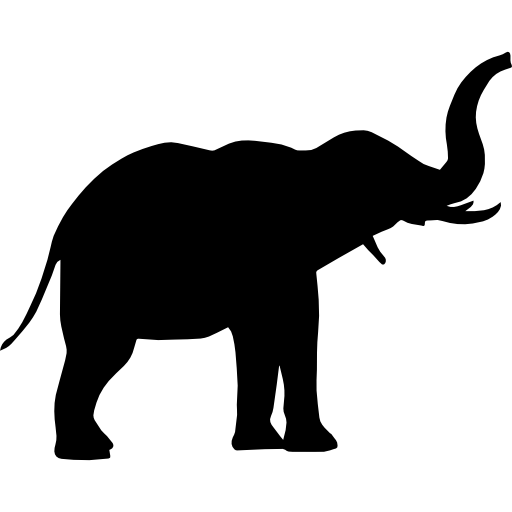
Elephant
Abundant
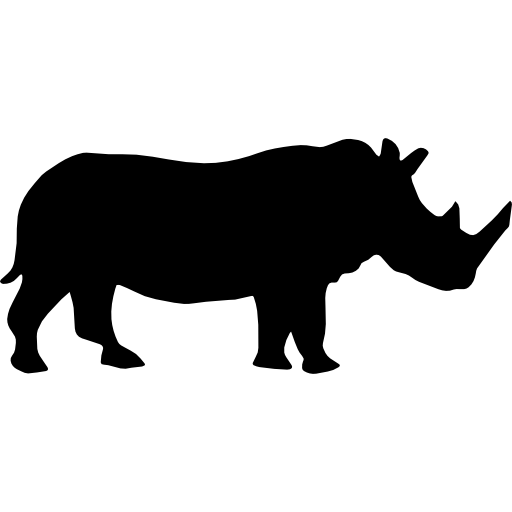
White Rhino
Rare

Buffalo
Abundant

Rothschild’s Giraffe
Occasional

Zebra
Common
Hippo
Abundant

Mountain Gorilla
Rare

Chimpanzee
Common
Birds – Uganda
Uganda is a top birding destination in Africa, with over 1,070 recorded species — an incredible variety for a country of its size. From the lush rainforests of Bwindi and Kibale to the wetlands of Mabamba Bay and the savannas of Queen Elizabeth National Park, Uganda’s diverse habitats offer birdwatchers a year-round paradise. It’s one of the best places in the world to spot the legendary Shoebill Stork, as well as colorful species like the Great Blue Turaco, African Fish Eagle, and Carmine Bee-eater.
Notable Birds in Uganda
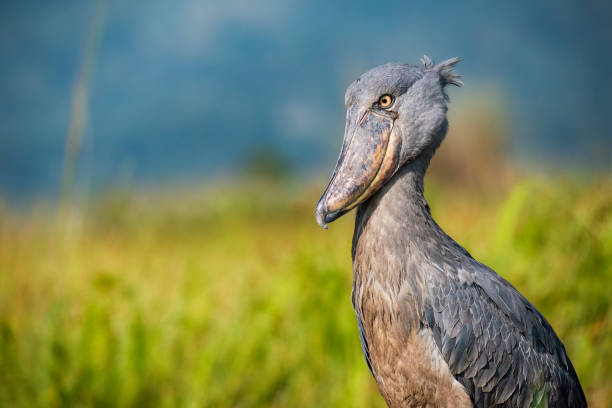
Shoebill Stork
rare (iconic)
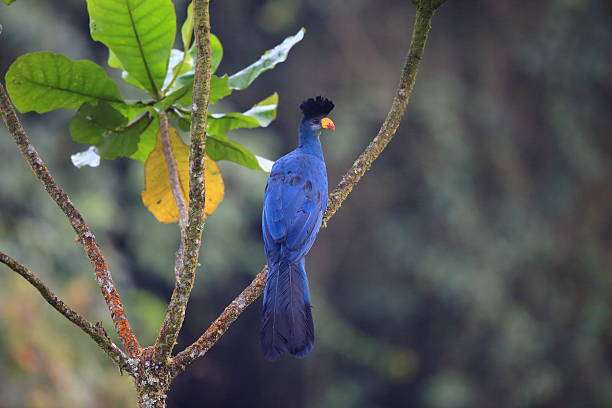
Great Blue Turaco
common (forest)
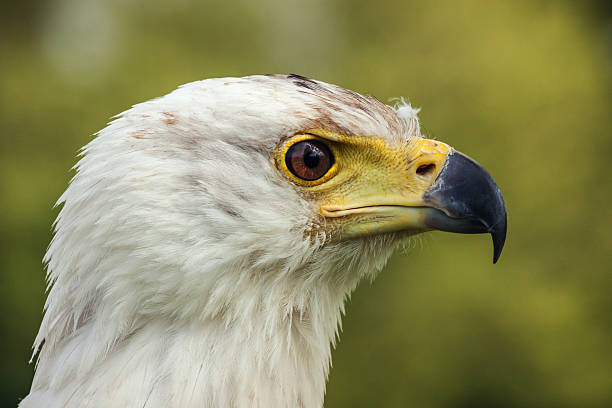
African Fish Eagle
common (wetlands)
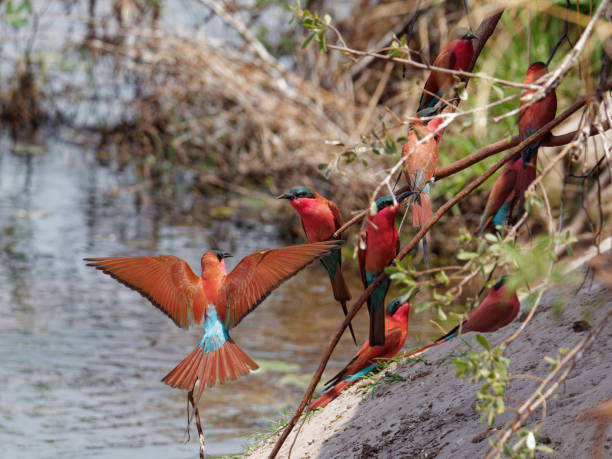
Carmine Bee-eater
common (migratory)
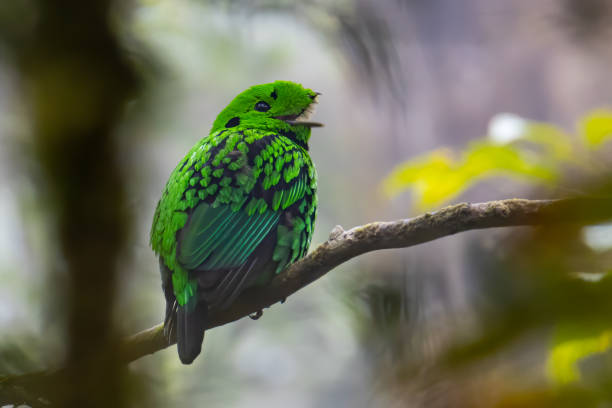
African Green Broadbill
rare (endemic)

Grey Crowned Crane
common (national bird)
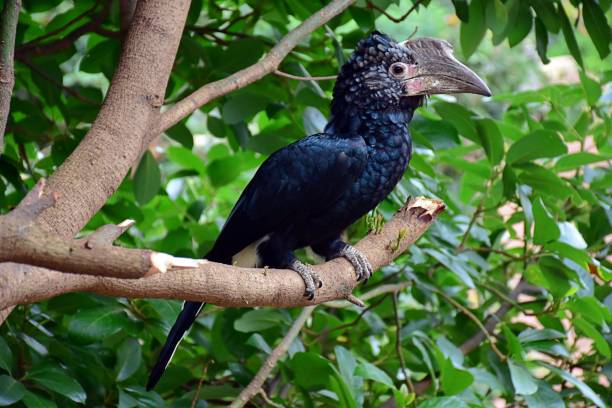
Black-and-white-casqued Hornbill
common (forest)
Best Time To Visit – Uganda
Uganda’s tropical climate allows travel year-round, but the best time to visit is during the **dry seasons from December to February and June to August**. These months offer clear skies, easier trekking paths, and the best conditions for gorilla and chimpanzee tracking. The **wet seasons (March–May and September–November)** bring lush landscapes and excellent birdwatching opportunities, though some trails can get muddy.
Best Time
June to August and December to February – the dry seasons – are ideal for gorilla trekking, wildlife safaris, and outdoor exploration.
High Season
June to September is peak season with excellent weather and high demand for gorilla permits and lodges.
Low Season
March to May is wetter – fewer visitors, discounted rates, and lush vegetation make it great for photographers.
Mid-Seasons
October and November bring short rains, but gorilla trekking remains rewarding with fewer crowds in the parks.
Wettest Months
April and May receive the heaviest rainfall, affecting access to some national parks, especially Bwindi and Kibale.
June to August & December to February – Dry Seasons
- Best time for gorilla trekking in Bwindi and Mgahinga.
- Wildlife is easier to spot in Queen Elizabeth, Murchison Falls & Kidepo.
- Comfortable daytime temperatures (25–29°C).
- Fewer mosquitoes and lower humidity.
- Excellent conditions for boat safaris and chimpanzee tracking.
- Clear views of the Rwenzori Mountains and crater lakes.

Uganda Climate & Weather
Uganda’s climate is generally tropical, moderated by altitude, and remarkably pleasant throughout the year. Despite being located near the equator, much of the country enjoys moderate temperatures thanks to its elevation, especially in areas like Kampala, Fort Portal, and Bwindi.
Average daytime temperatures range from 24°C to 30°C, while nights are cool and comfortable, particularly in the highlands of southwestern Uganda. In regions around Lake Victoria, humidity can be higher, bringing occasional rainfall and a lush green landscape year-round.
Dry Seasons (December to February & June to August):
These are the best months for wildlife viewing in Uganda’s national parks such as Queen Elizabeth, Murchison Falls, and Kidepo Valley. Roads are easier to access, and animals gather around rivers and watering points, offering excellent safari experiences. These periods are also ideal for gorilla trekking in Bwindi Impenetrable Forest and chimpanzee tracking in Kibale Forest.
Wet Seasons (March to May & September to November):
The wet seasons bring frequent but short tropical showers that turn Uganda’s scenery into vibrant green
landscapes. Birdwatchers find this time especially rewarding, with migratory species adding to the already
rich avian diversity. Although some unpaved roads can become muddy, the countryside is stunning and
photography opportunities abound.
Whether you’re tracking mountain gorillas, cruising the Nile at Murchison Falls, or exploring the
tranquil shores of Lake Bunyonyi, Uganda offers unforgettable adventures in every season.
Popular Routes

Gorilla Trekking Safari
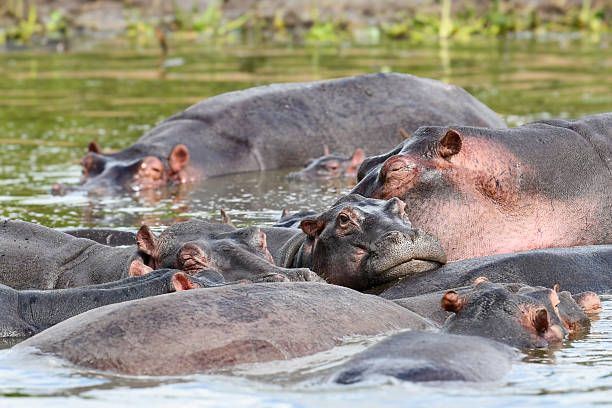
Murchison Falls Safari
